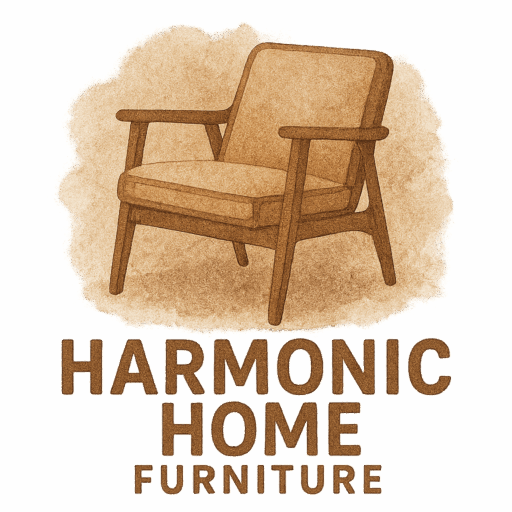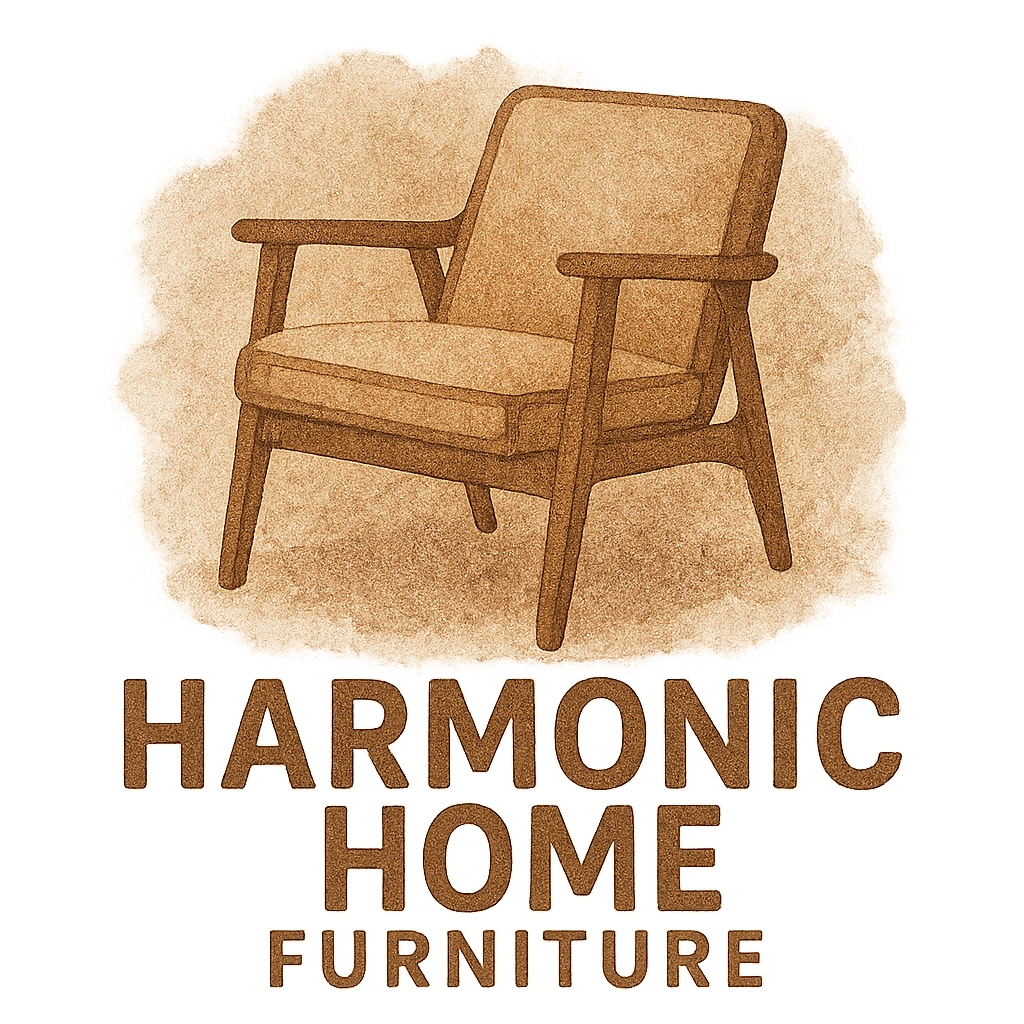Introduction
Your reclining sofa is your throne after a long day—the place you crash to relax, binge-watch your favorite shows, or sneak in a nap. But like any good companion, it might be trying to tell you something when it starts to act up. If you’ve been noticing odd behaviors from your recliner, it might be time for a little TLC—or even a repair. Let’s dive into the seven unmistakable signs your reclining sofa furniture needs repair and what you can do about it.
1. Unusual Noises When Reclining
Identifying Clanking, Creaking, or Squeaking Sounds
If your recliner suddenly sounds like a haunted house every time you kick back, that’s not a good sign. Clanking, squeaking, or creaking noises typically point to issues in the reclining mechanism or the frame.
What These Sounds Might Mean
These noises could mean loose screws, a misaligned mechanism, or even a cracked frame. Ignoring them can lead to bigger damage, or worse—an unusable recliner. For guidance on maintaining your furniture mechanism, explore our Furniture Maintenance Guide.
2. Difficulty in Reclining or Returning Upright
Manual vs. Power Recliners
Whether you’re using a lever or pressing a button, your recliner should move smoothly. If it’s a struggle, there might be a bigger issue under the surface.
Signs of Mechanical or Electrical Malfunction
This could mean the reclining cable is worn out or a power recliner’s motor is failing. For power recliners, check your outlet and cords before jumping to conclusions. Compare different types of recliners in our Reclining Sofa Sets section for maintenance tips and alternatives.
3. Sagging Cushions or Uneven Seating
Cushion Wear vs. Frame Damage
If your recliner feels like you’re sinking into a hole, it might be more than just tired cushions. It could also be a sign of frame issues or broken springs.
How to Inspect for Internal Damage
Remove the cushions and look underneath. A sagging seat could mean broken support beams or dislodged springs. Regular checks can prevent costly damage—learn more in our Furniture Buying Guide which includes inspection tips.

4. Loose or Wobbly Frame
What Causes Frame Instability?
Frames can loosen over time due to daily use, poor construction, or a few rough jumps from kids or pets.
Is It a Repair or Replacement Situation?
If the frame is cracking or warping, you might need professional repair—or worse, a replacement. Check our Furniture Comparison page to see if investing in a new recliner might be a better choice.
5. Upholstery Damage and Surface Wear
Cracks, Tears, and Peeling Material
Peeling leather, torn fabric, or cracked vinyl can seriously mess with your recliner’s looks and comfort.
When Cosmetic Issues Are More Than Skin Deep
Sometimes, surface damage is just the beginning—worn fabric can expose padding and internal parts to wear and tear. Check out trending styles and upholstery tips in our Furniture Trends.
6. Reclining Mechanism Is Stuck or Jammed
Causes of Jammed Mechanisms
This could result from debris, broken parts, or rusted joints. Trying to force it can do more harm than good.
How to Troubleshoot Safely
Always disconnect power recliners first. Then check for blockages or detached cables. Visit our Furniture Maintenance hub for detailed DIY checks.
7. Electric Controls Aren’t Responding
Power Supply Problems vs. Internal Wiring
Dead buttons or unresponsive remotes usually point to one of two things—power issues or internal wiring faults.
When to Call a Technician
If changing outlets or checking the breaker doesn’t work, it’s time to call a pro. Discover expert furniture repair options on our Repair Tag Page.
Why Timely Repair Matters
Prolonging the Life of Your Investment
Recliners aren’t cheap. Prompt repairs keep yours working longer and help you avoid premature replacement. This is especially true for high-end options—learn more on our Investment Tag Page.
Avoiding Expensive Replacements
Letting small issues pile up can lead to a full replacement. And let’s face it—that hits the wallet hard. Use our Price Guide to plan ahead.
Maintenance Tips to Keep Your Recliner in Shape
Regular Checks and Lubrication
Keep mechanisms oiled and screws tight. A monthly once-over can save you a repair call.
Preventive Upholstery Care
Vacuum fabric, condition leather, and keep pets’ claws trimmed. Learn more from our Smart Furniture Tips.
Where to Find Reliable Furniture Repair Services
Trusted Online Resources
Sites like Harmonic Home Furniture offer excellent guides and service recommendations.
Local Technicians and What to Look For
Look for certified repair services with strong reviews. Ask about experience with your recliner’s brand or model.
Conclusion
Your reclining sofa is more than just a piece of furniture—it’s your comfort zone. Spotting the signs early and knowing when to act can extend its life, save money, and keep your relaxation uninterrupted. Whether it’s a creaky hinge or a stuck motor, don’t ignore the warning signs. Use this guide, explore our resources, and give your recliner the attention it deserves.
FAQs
1. How often should I inspect my recliner for signs of damage?
Every three months is a good rule of thumb. Don’t wait until it breaks down completely.
2. Can I fix a reclining sofa myself?
Small issues like tightening screws or replacing a cable can be DIY, but electrical problems need a pro.
3. What’s the average cost to repair a recliner?
It can range from $50 to $300, depending on the problem and whether it’s manual or electric.
4. Is it worth repairing an old reclining sofa?
If the frame and base are solid, yes! Otherwise, compare your options at our Furniture Comparison.
5. What are the best materials for long-lasting recliners?
Top-grain leather and high-density foam cushions are durable picks. Learn more in our Buying Tips.
6. How can I protect my recliner from pet damage?
Use covers, keep claws trimmed, and train pets to avoid the furniture.
7. Where can I find trending recliner designs for modern homes?
Check our Modern Home Tag for the latest styles and design inspiration.


